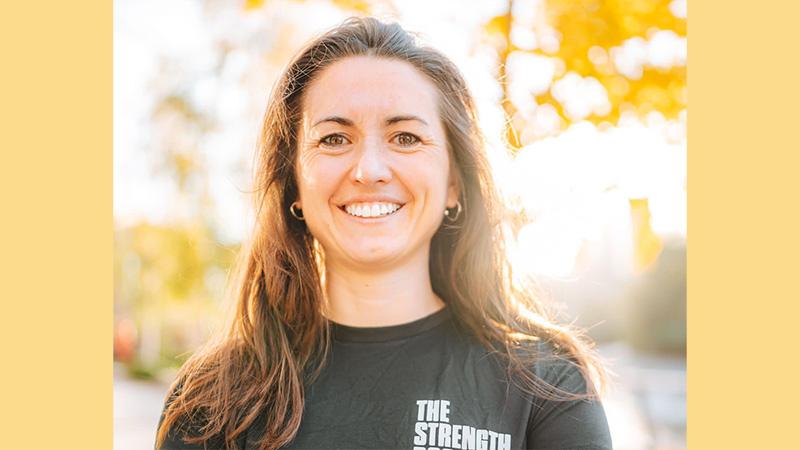Lecturer in Sport and Exercise Nutrition Dr Sinead Roberts wrote an article for The Conversation on 26 October about the importance of functional fitness. This article is part of Quarter Life, a series about issues affecting people in their twenties and thirties.

In her article, Dr Roberts explained what functional fitness means and its popularity as a concept dating from 2016. Many exercises are by their nature functional; what matters is the outcome of these exercises. They should increase physical capability and readiness for anything in life.
Dr Roberts said: “Anything that builds any form of fitness that helps you live life could be considered ‘functional’ – including strength, cardio, agility and flexibility... Improving all forms of physical movement is why many have said functional fitness exercise programmes are the best exercise you can do. Boosting your overall fitness may also potentially set you up for being more physically capable and independent well into old age.”
She recommended incorporating multiple types of exercises through a week, such as strength training and cardio, to maximise their functional effect. Dr Roberts also discussed sports that can increase functionality, such as rugby, ice hockey and obstacle racing.
She said: “Given [that] each of us have different genetics, bodies, lifestyles and workouts we prefer to do, the type of exercise that best helps you achieve functional fitness may vary depending on the person. The biggest health and fitness improvements are usually going to come from consistent exercise. At the end of the day, doing exercises that you enjoy, and which fit into your daily routine, are likely to have the greatest benefit.”
Read the article Focusing on functional fitness in your 20s and 30s can help you stay ready for anything — and many exercises can help you achieve it on The Conversation’s website.


